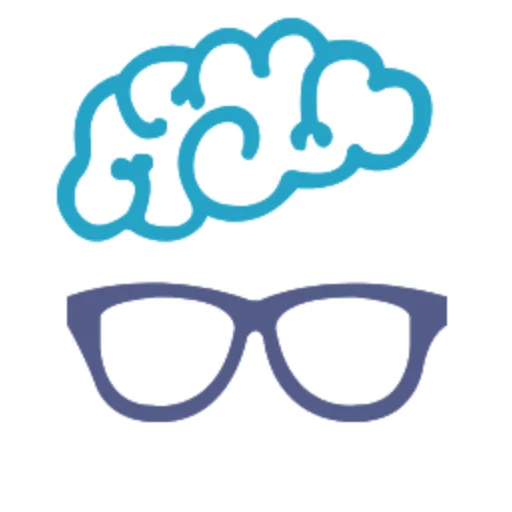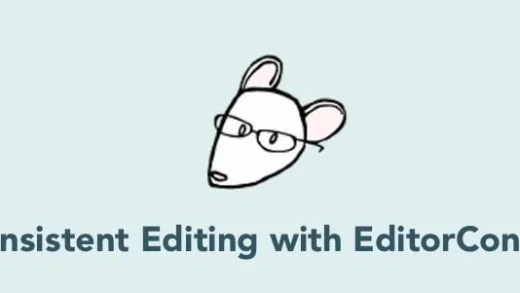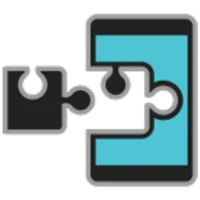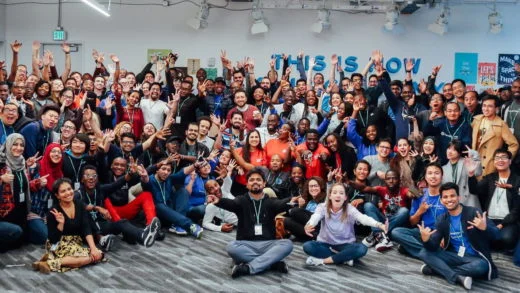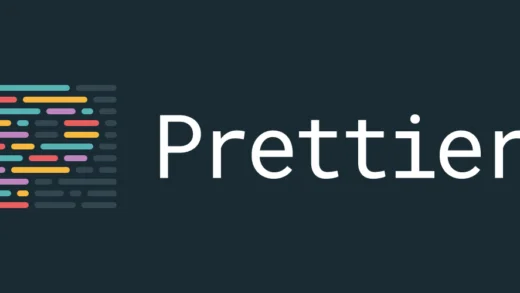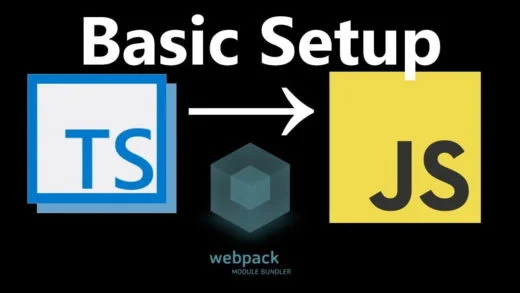Are you a college student looking to discover the secrets of a successful course? You’re in luck! In this comprehensive guide, we’ll explore study habits and effective techniques for college students. From scheduling and active learning to note-taking strategies from domyessay reviews and self-care, we’ll cover all the essentials needed to maximize your academic performance. So, get ready to change the way you approach your studies as we embark on a journey of effective strategies designed specifically for college students.
- Power of Planning
Planning is an important first step to developing effective learning habits. By setting clear goals for each lesson and breaking down tasks into manageable chunks, you can stay organized and focused. Create a study timeline that suits your preferences and allows for regular breaks to stay productive. Try methods like the Pomodoro method, which requires you to work in short bursts followed by short breaks. This approach helps prevent mental fatigue and increases productivity. Tracking your progress along the way and celebrating small victories will keep you motivated and keep you going toward your learning goals.
- Embracing Active Learning
Passive learning, such as mindlessly reading textbooks or passive printing, does not usually lead to negative consequences. Instead, use active learning strategies to keep you actively engaged in the content. Explore tools like Canva’s user-friendly text summarizer to efficiently condense key information. Summarizing the main ideas in your own words gives you a deeper understanding of the topic. Create flashcards to help you recall important information quickly and quiz yourself regularly. Participating in group discussions and debates gives you new perspectives and broadens your horizons. Explaining concepts to others not only solidifies your understanding but also helps identify areas that need further clarification. If you are actively engaged in your learning process, you will retain information better and gain a deeper understanding of the topic.
- The Art of Effective Note-Taking
Writing is an art form that can greatly improve your study time. Experiment with different methods to find the one that suits your learning style. For example, the Cornell method breaks down your notes into main ideas, supporting points, and summaries. Mind mapping is another popular technique, using visual images to connect and organize information. When writing, focus on capturing key ideas, relevant examples, and questions or insights that may arise. Regularly reviewing and revising your notes will improve your understanding and reinforce your knowledge of tests and assignments.
- Prioritizing Self-Care
While education is important, it is equally important to prioritize self-care to maintain a healthy balance. Neglecting physical and mental well-being can hinder your academic performance. Make time for regular exercise, as it improves blood flow to the brain and boosts mental performance. Make sure you get enough sleep to improve concentration and memory. Healthy food fuels your brain and body, so choose a balanced diet. In addition, incorporate stress-reducing activities into your routine, such as mindfulness exercises, deep breathing, or pursuing hobbies that interest you. Taking care of yourself will improve your mood, reduce burnout, and increase overall productivity.
- Effective Time Management
Time management is important for college students who often juggle multiple responsibilities. Learn to prioritize tasks and allocate time efficiently. Break large projects or tasks down into manageable subtasks and set realistic deadlines. Use time-constraint strategies, where you allocate a certain amount of time to activities. This helps you avoid procrastination and ensures that each task gets the attention it deserves. Be mindful of your energy levels throughout the day and schedule your most intense or important tasks during your peak hours. Avoid multitasking, as it can reduce concentration and productivity. By developing time management skills, you can make the most of your study time and have a healthy work-life balance.
- Building a Supportive Study Network
Learning does not have to be a solitary task. Surround yourself with a supportive learning network that includes peers, study groups, or online communities. Collaborating with peers allows you to brainstorm ideas, share resources, and gain new insights. Explaining concepts to others can increase your understanding and improve your comprehension. Participation in group study sessions promotes accountability and provides opportunities for collaborative learning. Additionally, seeking guidance from professors, academic advisors, or tutors can provide valuable support in the face of challenging topics or projects Creating supportive learning connections not only enhances your learning experience instead it creates a sense of community and mutual support.
- Utilizing Technology as a Study Aid
Technology can be a powerful ally in developing your learning habits in the digital age. Look for tools and apps that can help you with your learning process. Use note-taking apps to organize and access your ideas across devices. Flashcard apps can help you create and review digital flashcards easily. Online resources such as educational websites, video lectures, and interactive quizzes can shape your learning experience. Additionally, consider using productivity apps that offer features like task management, time tracking, and a focus timer to organize your study time. Embracing technology as a learning aid can streamline your workflow and make your learning more efficient and engaging. If you feel like you are exhausted and need some helping hand to complete your essay, you can use professional essay writing tools like domyessay com to help you complete your project.
- Continuous Evaluation and Adaptation
Effective learning habits are not set in stone—they require constant evaluation and revision. Regularly review your learning strategies and find out what works and what needs to be improved. Be open to trying new strategies and adjusting your approach as needed. Check your progress by reviewing assignments, tests, and previous answers. Use this information to identify areas of strength and weakness and adjust your study habits accordingly. Continue to look for opportunities for self-reflection and improvement to make your learning experience better. Remember that learning is a lifelong journey, and being flexible and open to change will contribute to long-term success.
Congratulations on acquiring more effective study habits and strategies designed for college students. Through the use of planning, active learning, effective writing, self-monitoring, technology as a learning aid, quality learning environments, time management, supportive interdisciplinary interactions, and ongoing assessment by adding it, you are equipped with powerful tools for academic success. Remember that flexibility and self-reflection are the keys to your study habits. Embrace these tips, figure out what works best for you, and begin your journey to excellence in your college endeavors. With dedication and perseverance, you will reach new learning milestones. good luck!
